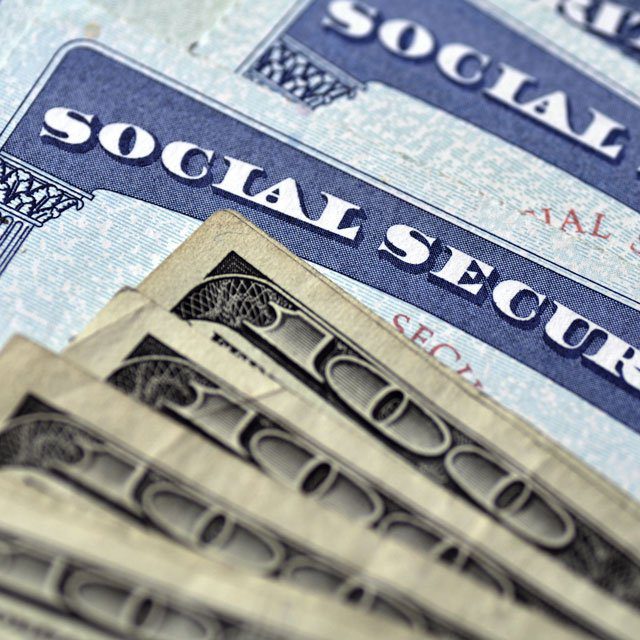What's Up With the Social Security 'Donut Hole'?

What You Need to Know
Democrats have proposed extending the payroll tax to high earners.
The plan would create a tax “donut hole” similar to those seen in other federal entitlement programs.
If such a law passes, higher-income people would get less back for their taxes paid compared with lower-income people.
When Congressional Democrats, supported by President Joe Biden, unveiled their proposal for shoring up the health of the Social Security program under a framework called “Social Security 2100: A Sacred Trust,” the financial planning industry immediately took notice.
In particular, many policy observers keyed in on the fact that the plan would create a payroll tax “donut hole” similar to those seen in other federal entitlement programs.
The donut hole terminology is an informal way of referring to the wage levels that would not be subject to additional Social Security FICA taxes under dueling proposals put forward by Biden and key Democratic lawmakers including Rep. John Larson, D-Conn., and Sen. Bernie Sanders, I-Vt.
Both proposals take a similar approach to address Social Security’s sizable projected revenue shortfall, which will see the key federal entitlement program’s trust funds run short of asset reserves in the 2034 to 2035 time range. The Democratic lawmakers argue this shortfall is due in no small part to the fact that payroll taxes are not collected on an individual’s wages over $142,800.
Larson’s legislation, which mirrors the approach endorsed by Biden, would reapply the payroll tax to wages above $400,000, “so the wealthy pay the same rate as someone earning $50,000 a year.” Sander’s proposal, on the other hand, would set the taxable wage level significantly lower, at $250,000.
Under both proposals, however, there would remain a sizable range of wage levels at which taxpayers would continue to generate higher levels of Social Security payments without a higher level of income taxation.
Likewise, under both proposals, those whose wages are high enough to retrigger the payment of the Social Security FICA taxes would see their overall tax burden go up without a commensurate increase in anticipated Social Security benefits.
Points of Political Concern
Speaking last week with ThinkAdvisor, Richard Johnson, a senior fellow in the Income and Benefits Policy Center at the Urban Institute, says the proposals would indeed help to address the Social Security solvency issue by directing more revenue toward the highly popular program.
However, Johnson worries the creation of a Social Security donut hole, and the general reinstatement of the FICA taxes for higher-wage earners who would not receive an increase in future payments, would potentially be problematic from a political perspective.
Johnson’s concern is that, because higher-income people would get less for their taxes paid compared with lower-income people, it could make the program a lot less attractive to higher-income people.
“Today, Social Security is so popular in large part because everyone feels they have a stake in the system,” Johnson says. “But if it starts to be seen only as a lower-income program, that support can erode.”




